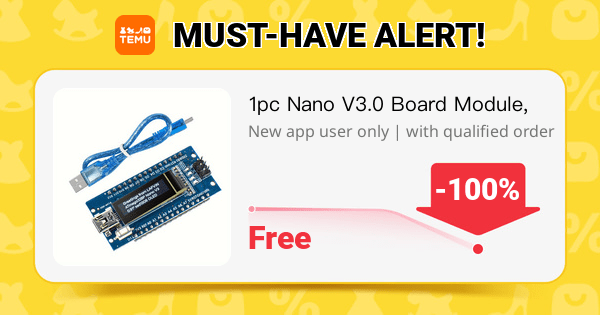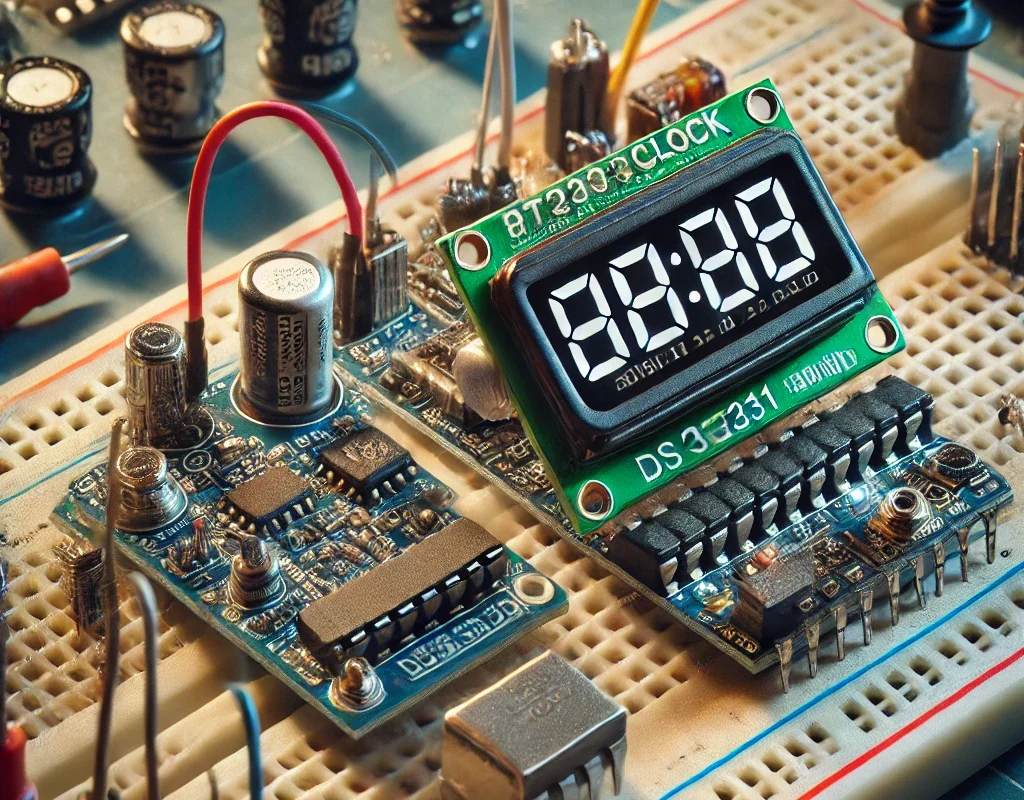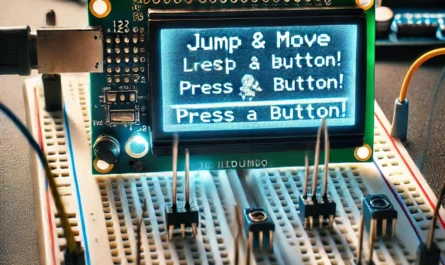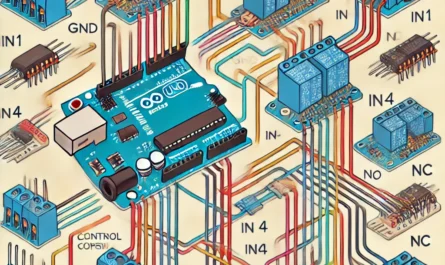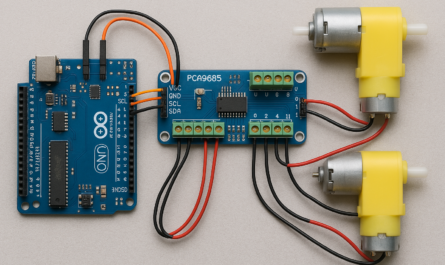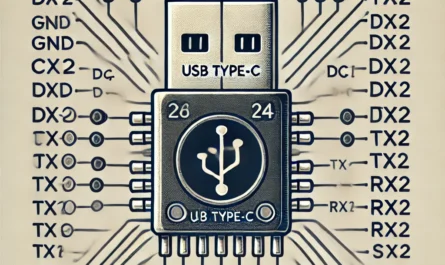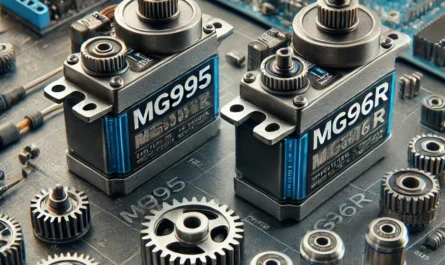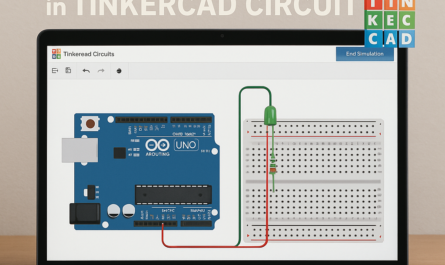🔍 Overview
When it comes to building accurate clocks with microcontrollers like Arduino, a Real-Time Clock (RTC) chip is essential. Two of the most popular RTC chips are the DS1307 and the DS3231.
⭐ DS3231 – The Top Choice
- 🎯 Accuracy:
- The DS3231 is a temperature-compensated RTC that maintains accuracy over a wide range of temperatures.
- It typically has an accuracy of ±2 ppm, meaning it can lose or gain only about 1 minute per year.
- 🔧 Features:
- Integrated Crystal Oscillator: No need for an external crystal, reducing component count.
- Battery Backup: Keeps time even when the main power is off.
- I2C Interface: Easily communicates with Arduino and other microcontrollers.
- Built-in Temperature Sensor: Helps to correct drift caused by temperature changes.
- 💡 Why It’s Great for Clocks:
- Its high accuracy and stability make it perfect for clock projects, data logging, and timekeeping applications.
🛠️ DS1307 – A Common Alternative
- 🎯 Accuracy:
- The DS1307 is popular but less accurate compared to the DS3231.
- It can drift by several minutes per month, which might not be acceptable for precise clock projects.
- 🔧 Features:
- Requires External Crystal: Typically needs a 32.768 kHz crystal for timing.
- Battery Backup: Also supports keeping time during power loss.
- I2C Interface: Compatible with most microcontrollers.
- 💡 Use Case:
- The DS1307 is suitable for less critical timing applications or hobby projects where extreme accuracy is not a priority.
🎯 Conclusion
For the best clock performance and long-term reliability, the DS3231 is generally considered the best choice for building clocks with Arduino. Its high accuracy, temperature compensation, and integrated features make it ideal for precise timekeeping.
